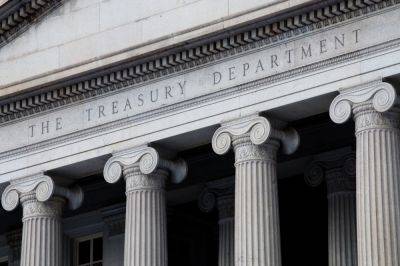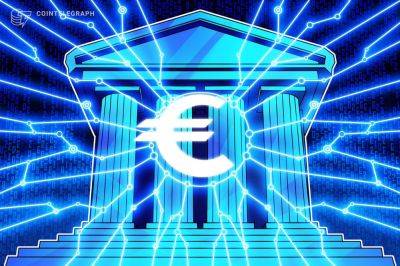Crypto identity contradiction: Blockchain anonymity meets KYC regulations
People value the anonymity of a decentralized blockchain. Each user has a pseudonym in the form of a wallet address, which is stored in a decentralized ledger for every cryptocurrency transaction.
So why do crypto platforms need identity verification?
Fraud and the potential for harm have become too great to ignore, and regulators are paying attention, according to Christy Goldsmith Romero, a commissioner at the U.S. Commodity Futures Trading Commission. The commissioner also noted that cryptocurrencies are being used to fund cybercrime.
“It’s essential for governments and particularly the industry to address what makes crypto so attractive to illicit finance,” Romero said, “and that is the allure of anonymity.”
There remains uncertainty about what new regulations will dictate and how they will be administered. Crypto platforms may have to perform Know Your Customer (KYC) checks on millions of users while managing regional verification and regulatory differences across the globe. The companies that overcome these challenges will have comprehensive compliance plans in place.
Verifying a person’s identity is a complex challenge with disparate sources of PII data, government IDs, biometrics and more. Multiply that by hundreds of countries, each with different legal requirements, and it becomes almost impossible for a team to handle the workload with traditional manual processes.
Identity verification providers enable crypto platforms to scale efficiently. Thanks to automation and sophisticated AI-driven technology, businesses can manage risk while optimizing their costs.
With the rise of holistic identity platforms, companies can now access a one-stop partner for all verification needs, including PII data, document and biometric
Read more on cointelegraph.com
 cointelegraph.com
cointelegraph.com




















